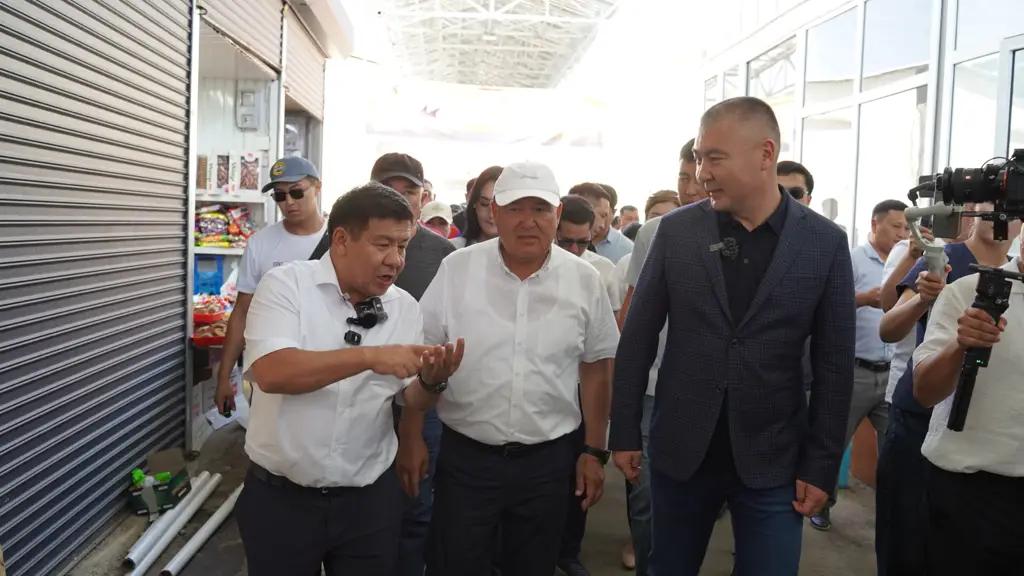
Published
06/04/2025, 11:00In Kyrgyzstan, the term “tender” has been officially removed from public procurement legislation. This was announced by Deputy Minister of Finance Ulukbek Ibraimov at an international forum on procurement reform.
According to him, the decision to abandon the term “tender” is due to the fact that for decades it has been associated with complex, confusing, and often bureaucratically overloaded procedures that create risks of corruption and hinder development.
“We have removed the term ‘tender’ from the text of the law. This term has outlived its usefulness. For years, it has been used to conceal complex, opaque, and cumbersome schemes. We have realized that we need simple, clear, and transparent solutions,” said Ulukbek Ibraimov.
The deputy minister noted that the word “tender” itself had become a symbol of inefficiency. Under the old version of the law, the procurement of complex goods or services could take months, and sometimes years. Due to the inability to flexibly change procurement methods, government agencies were forced to endlessly repeat the same procedures without achieving results.
Under the current legislation, the procedure has been simplified: if a purchase fails twice, a direct method can be used. This allows the necessary goods or services to be purchased quickly without wasting time, especially in the case of urgent or technically complex items.
Now, all procurement is regulated by the term “public procurement procedure.” It covers various methods, including competitive and direct procurement, depending on the situation. The law clearly spells out 57 grounds on which one approach or another may be used.
According to Ibraimov, this transition is part of a broader policy of debureaucratization initiated by President Sadyr Zhaparov. The goal is to create a flexible, transparent, and sustainable system capable of supporting both domestic producers and environmentally friendly solutions.
“We are moving away from cumbersome procedures to effective and environmentally conscious solutions. This is not just a procurement reform — it is a step towards sustainable economic development,” Ibraimov emphasized.
According to the Ministry of Finance, the simplification of procedures has already saved several billion KGS, while accelerating the implementation of many state projects.



